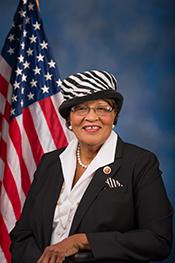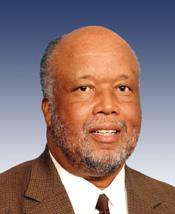H.R. 3745: American Neighborhoods Protection Act of 2025
The proposed legislation known as the American Neighborhoods Protection Act of 2025 aims to regulate the ownership of single-family residences in the United States. Here is a summary of its key provisions:
Limit on Ownership of Single-Family Residences
The bill prohibits individuals and entities from owning more than 75 single-family residences. This rule applies to various types of ownership structures, with some exceptions outlined below.
Excise Tax for Exceeding Ownership Limit
If a taxpayer exceeds the 75 residence limit, they will incur an excise tax. The tax is calculated as follows:
- Amount: $10,000 for each excess residence owned over the 75-residence cap.
For example, if a taxpayer owns 80 residences, they would owe $50,000 in excise tax ($10,000 multiplied by 5 excess residences).
Definitions and Exemptions
The bill includes specific definitions and exemptions for certain entities:
- Covered Taxpayer: This term does not include:
- Mortgage note holders owning properties through foreclosure.
- Non-profit organizations that are exempt from tax.
- Entities primarily engaged in the construction or rehabilitation of single-family homes.
- Owners of federally subsidized housing.
- Single-Family Residence: Defined as a residential property containing no more than four dwelling units.
Reporting Requirements
The legislation mandates the Secretary of the Treasury to implement reporting requirements for transactions involving single-family residences. This includes the collection of information from purchasers, such as:
- The purchaser's name and address.
- A designation of whether the sale falls under the discussed exceptions.
Failure to comply with reporting requirements could result in a penalty of $50,000 for the individual or entity involved.
Use of Tax Revenues
The revenues obtained from the excise tax will be allocated to a newly established Housing Trust Fund. This fund will be used to provide grants for down payment assistance programs. These grants will be administered by the Secretary of Housing and Urban Development.
Priority for Grants
State housing finance agencies receiving grants from the Housing Trust Fund will prioritize assistance for families purchasing single-family residences sold by covered taxpayers, as defined in the bill.
Effective Date
The provisions of this act will become effective for taxable years beginning after December 31, 2025.
Relevant Companies
- None found
This is an AI-generated summary of the bill text. There may be mistakes.
Sponsors
4 bill sponsors
Actions
2 actions
| Date | Action |
|---|---|
| Jun. 05, 2025 | Introduced in House |
| Jun. 05, 2025 | Referred to the Committee on Ways and Means, and in addition to the Committee on Financial Services, for a period to be subsequently determined by the Speaker, in each case for consideration of such provisions as fall within the jurisdiction of the committee concerned. |
Corporate Lobbying
0 companies lobbying
None found.
* Note that there can be significant delays in lobbying disclosures, and our data may be incomplete.
Potentially Relevant Congressional Stock Trades
No relevant congressional stock trades found.



